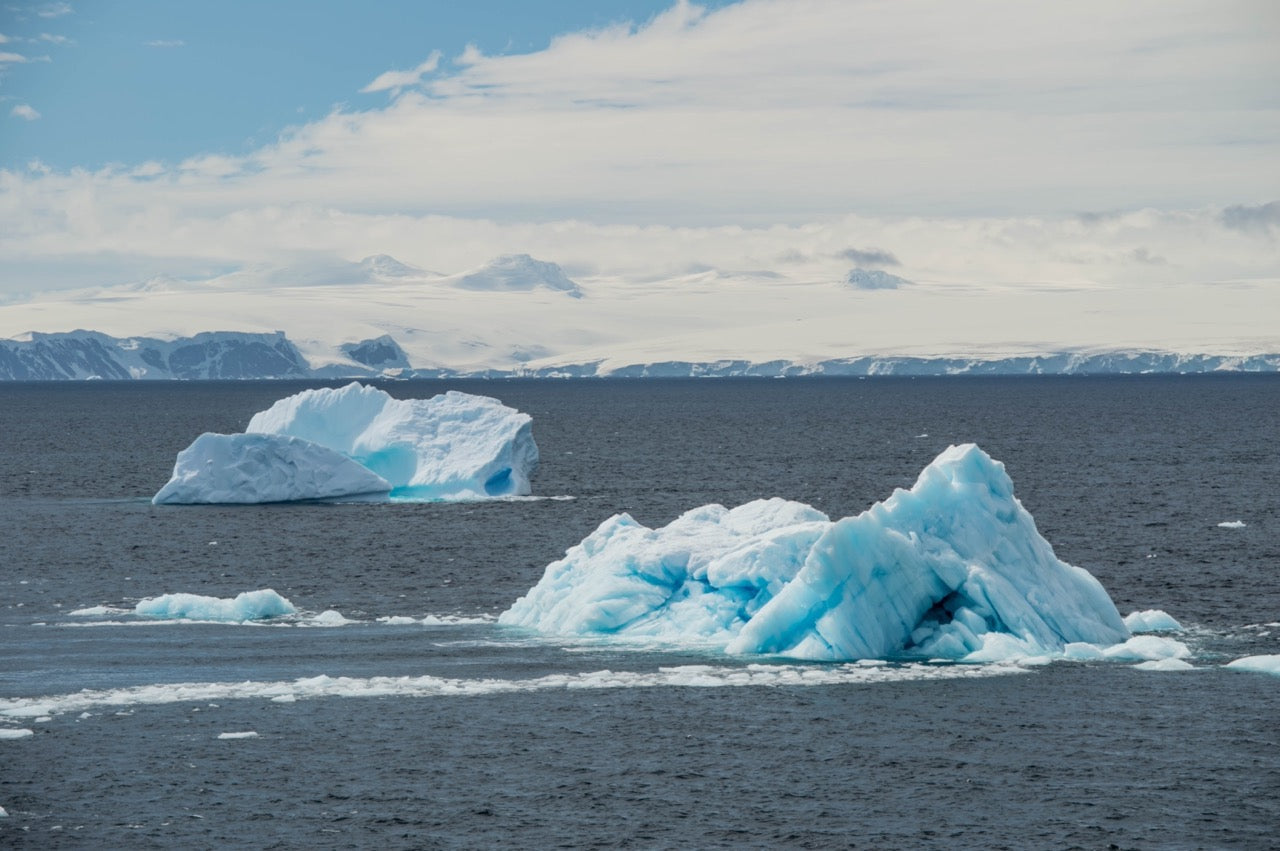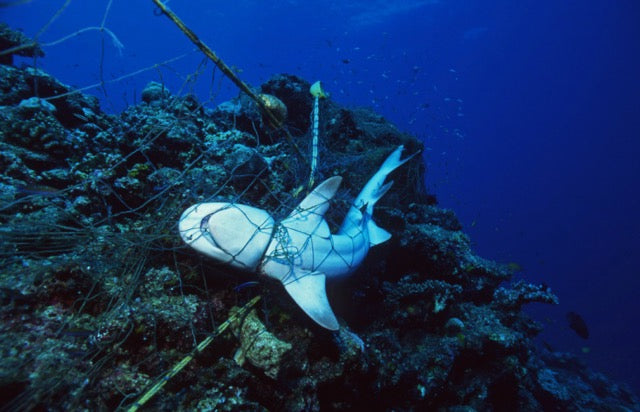5 MIN READ
3-1-2024
Creature
Feature: Orca
Drinking Out of Single-Use Water Bottles
Mikaela Walsh, 4ocean Research Analyst
Undoubtedly, plastic pollution is extremely harmful to our ecosystems and marine life.
In this month's Creature Feature, we dive deep into the mysterious and captivating world of the orca, also known as the killer whale. These magnificent marine mammals, revered for their intelligence and complex social structures, navigate the vast oceans with grace and power. Join us as we explore the fascinating lives of orcas, uncovering the secrets of their underwater realms and the critical role they play in the marine ecosystem.
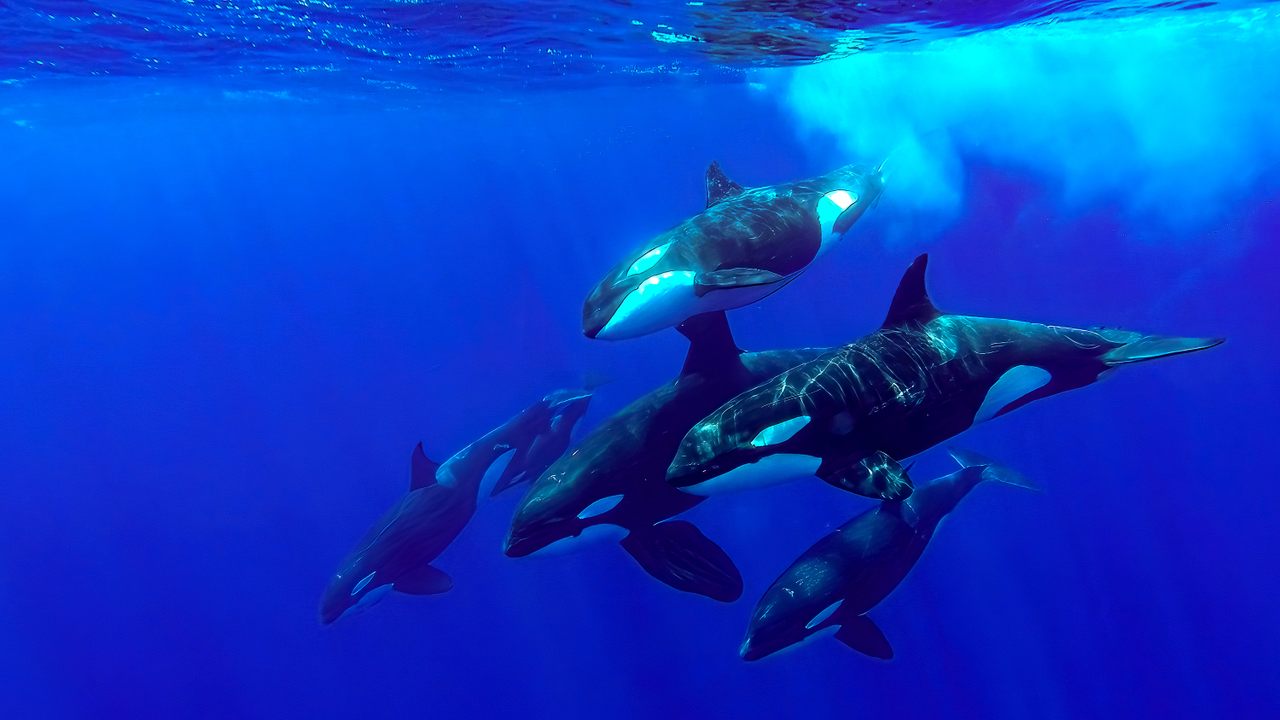
Fun facts about orcas
- Orca Pods Are Matriarchal: Orcas live in tightly knit family groups known as pods, which are often led by the oldest female, or matriarch. This social structure emphasizes the importance of female orcas in leadership and decision-making roles within their communities.
- They Have Their Own Dialects: Different orca pods communicate using unique sets of calls and sounds, essentially forming distinct dialects. This linguistic variation is so significant that orcas from different regions or pods can have difficulty understanding each other.
- Orcas Are Apex Predators: Known as the "wolves of the sea," orcas are apex predators, meaning they have no natural predators. Their diet is diverse, ranging from fish and seals to sharks and even other whales.
- Incredible Divers: Orcas can dive to depths of up to 100 meters (about 330 feet) when hunting for food. Their powerful bodies and large tails help propel them through the water and deep into the ocean's depths.
- Orcas Can 'Walk' on Water: Orcas exhibit a behavior known as "spyhopping," where they vertically poke their heads out of the water to observe their surroundings above the surface. This behavior is like looking around or 'walking' on water to get a better view.
- Incredible Divers: Orcas can dive to depths of up to 100 meters (about 330 feet) when hunting for food. Their powerful bodies and large tails help propel them through the water and deep into the ocean's depths.
- They Are Found in All Oceans: Orcas are one of the most widely distributed mammals in the world, inhabiting every ocean from the Arctic and Antarctic regions to tropical seas. Their adaptability allows them to thrive in a variety of marine environments.
- Orcas Use Echolocation to Hunt: Similar to bats, orcas use echolocation to navigate and hunt in the murky waters of the ocean. They emit sounds that bounce off objects, helping them detect the location, size, and shape of their prey.
- Long Lifespans: Female orcas can live up to 90 years, while males typically live up to 60 years. The long lifespan of orcas contributes to the complexity of their social structures and relationships within pods.
- They Have a Culture: Research has shown that orcas exhibit cultural behaviors, passing down knowledge across generations. This includes hunting techniques, vocalizations, and social behaviors, further underscoring their intelligence and social complexity.

Bracelet of
the Month: Orca
Pull 5 pounds of trash from the ocean with our limited edition Orca Bracelet, only available March 2024!
Shop now + Clean the OceanEcological importance of orcas
- Apex Predators: Orcas are at the top of the food chain, controlling populations of prey species and preventing any single group from overwhelming the ecosystem, thus maintaining biodiversity.
- Regulating Prey Behavior: Their predatory behavior influences the distribution and behaviors of prey species, contributing to the health and balance of marine ecosystems.
- Protecting Underwater Ecosystems: By controlling populations of species like seals, orcas indirectly protect kelp forests and other habitats from being overgrazed, ensuring their health and sustainability.
- Nutrient Distribution: Orcas contribute to the ocean's nutrient cycle. Their feeding habits can result in the distribution of nutrients across different areas, supporting the growth of plankton and other foundational species.
- Indicator of Ocean Health: As top predators, orcas are indicators of the ocean's health. Their presence and condition can reflect the wellbeing of the marine ecosystem, signaling changes that may affect a wide range of species.
- Promoting Biodiversity: By preying on the most abundant species, orcas help less dominant species thrive, promoting a diverse and resilient marine environment.
- Influencing Marine Population Dynamics: Their hunting strategies and choice of prey can shape the population dynamics of marine species, fostering a balanced and functional ecosystem.
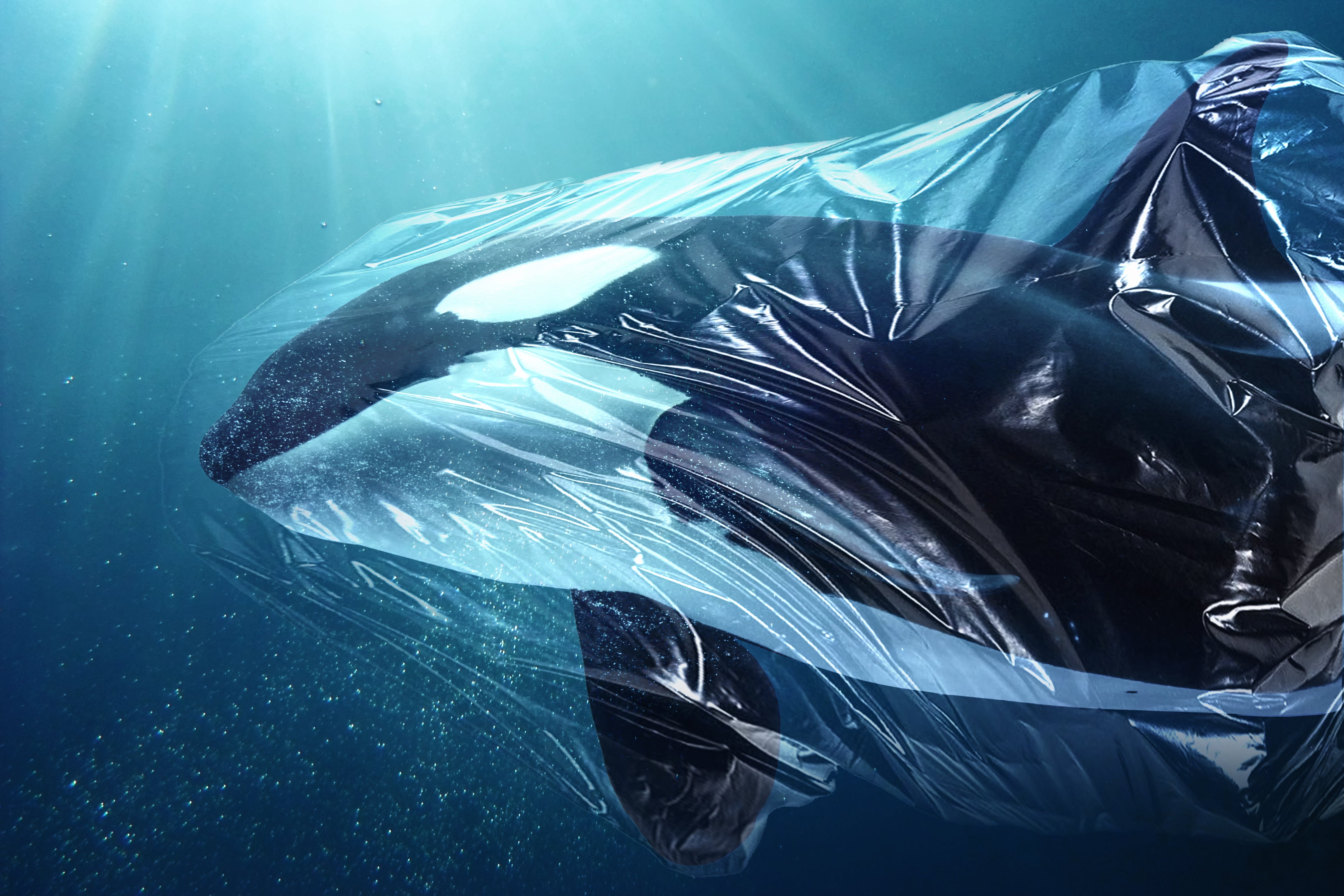
Photo by: Jesshaddenphoto
How plastic pollution impacts orcas
- Ingestion of Plastic Debris: Orcas can ingest plastic directly or indirectly through their prey, leading to internal injuries, digestive blockages, and potentially fatal health issues.
- Contamination Through the Food Chain: As apex predators, orcas accumulate higher levels of toxic substances from consuming prey contaminated with plastic-derived chemicals, affecting their health and reproductive success.
- Habitat Degradation: Plastic pollution contributes to the degradation of marine habitats crucial for orca survival, such as breeding and feeding grounds, impacting their natural behaviors and population dynamics.
- Chemical Exposure: Plastics release harmful chemicals like PCBs into the ocean, which orcas absorb, leading to weakened immune systems, reproductive problems, and increased susceptibility to diseases.
- Entanglement Risks: Orcas face the risk of entanglement in discarded fishing nets and plastic waste, which can lead to physical injuries, impaired movement, and even drowning.
- Behavioral Changes: Exposure to plastic pollution may force orcas to alter their migration, hunting, and social behaviors to avoid contaminated areas, disrupting their natural life cycles.
- Threat to Offspring: Contaminants from plastics can be passed from mother orcas to their calves through the placenta and breast milk, jeopardizing the health and development of the next generation.
- Overall Population Decline: The cumulative effects of plastic pollution can contribute to the decline of orca populations, threatening their survival and the balance of marine ecosystems they help maintain.
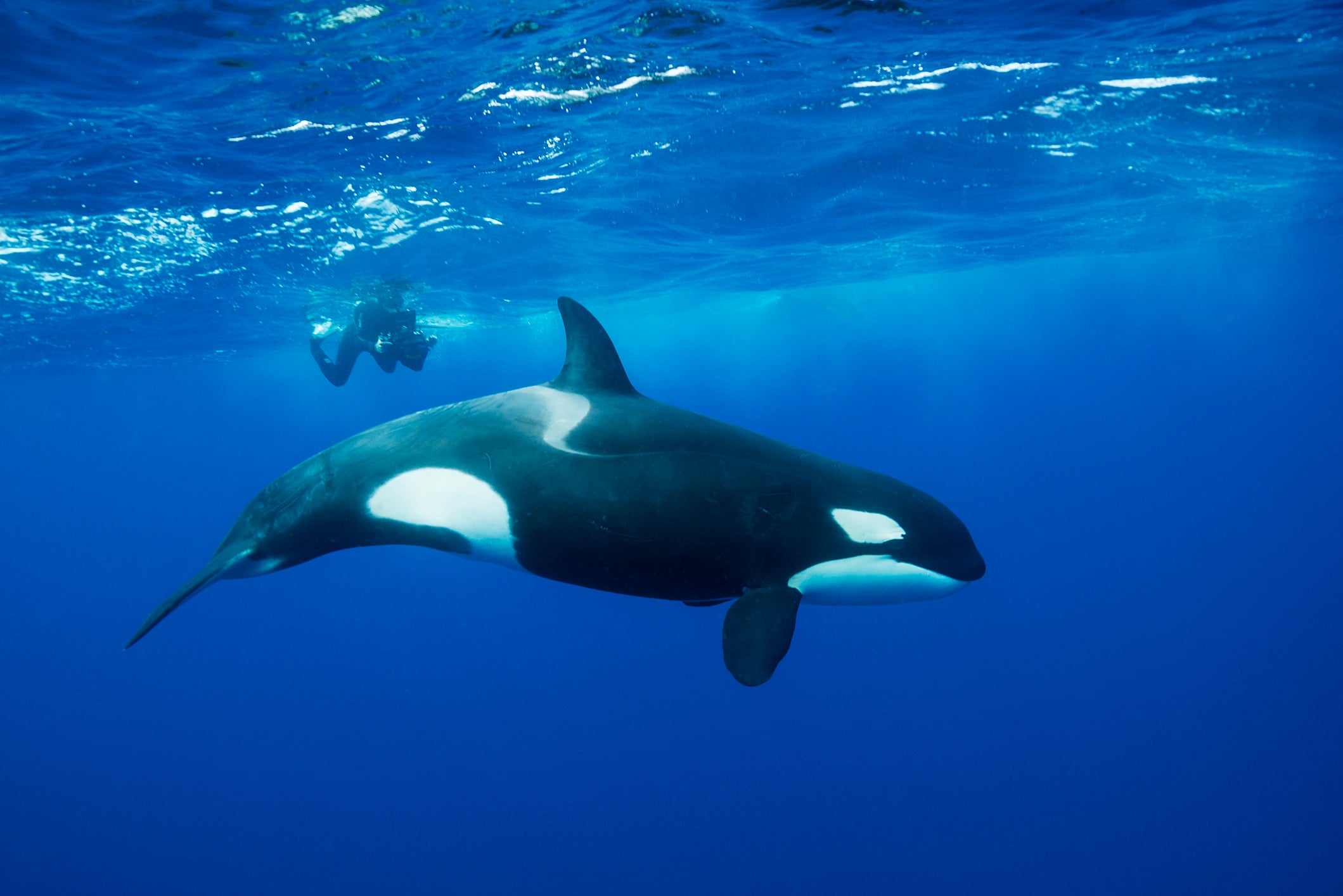
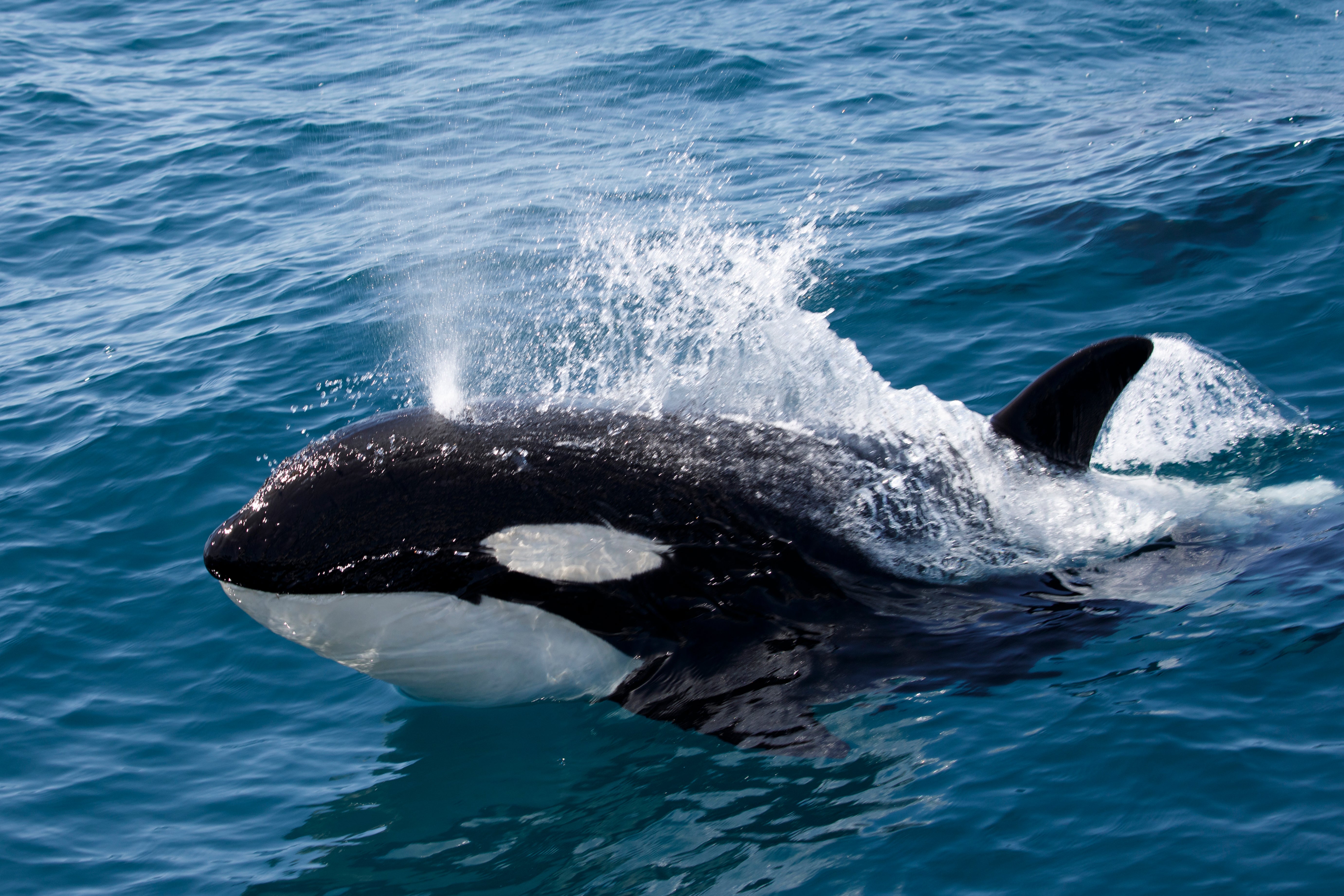
Other threats to orcas
- Overfishing: Reduction in prey species due to overfishing affects orca food availability, forcing them to adapt their diet or face starvation.
- Noise Pollution: Increased noise from shipping, military exercises, and underwater construction disrupts orca communication, navigation, and hunting behaviors, leading to stress and disorientation.
- Climate Change: Rising ocean temperatures and changing sea ice patterns affect orca habitat, prey distribution, and migration routes, impacting their ability to find food and reproduce.
- Ship Strikes: Increased maritime traffic raises the risk of orcas being struck by ships, leading to injury or death.
- Habitat Destruction: Coastal development, pollution, and activities like seabed mining degrade orca habitats, limiting their space for hunting and breeding.
- Entanglement in Fishing Gear: Orcas can become entangled in fishing nets and lines, leading to injury, starvation, or drowning.
- Oil Spills: Oil spills contaminate the water and the orca's prey, exposing them to toxic substances that can be lethal or cause long-term health issues.
- Illegal Capture: Although less common now, the capture of orcas for entertainment purposes in the past has significantly impacted certain populations, disrupting social structures and reducing genetic diversity.
- Reduced Genetic Diversity: Some orca populations suffer from reduced genetic diversity due to historical whaling, capture for marine parks, or being cut off from other populations, making them more vulnerable to diseases and environmental changes.
What you can do to help protect orcas and their habitats
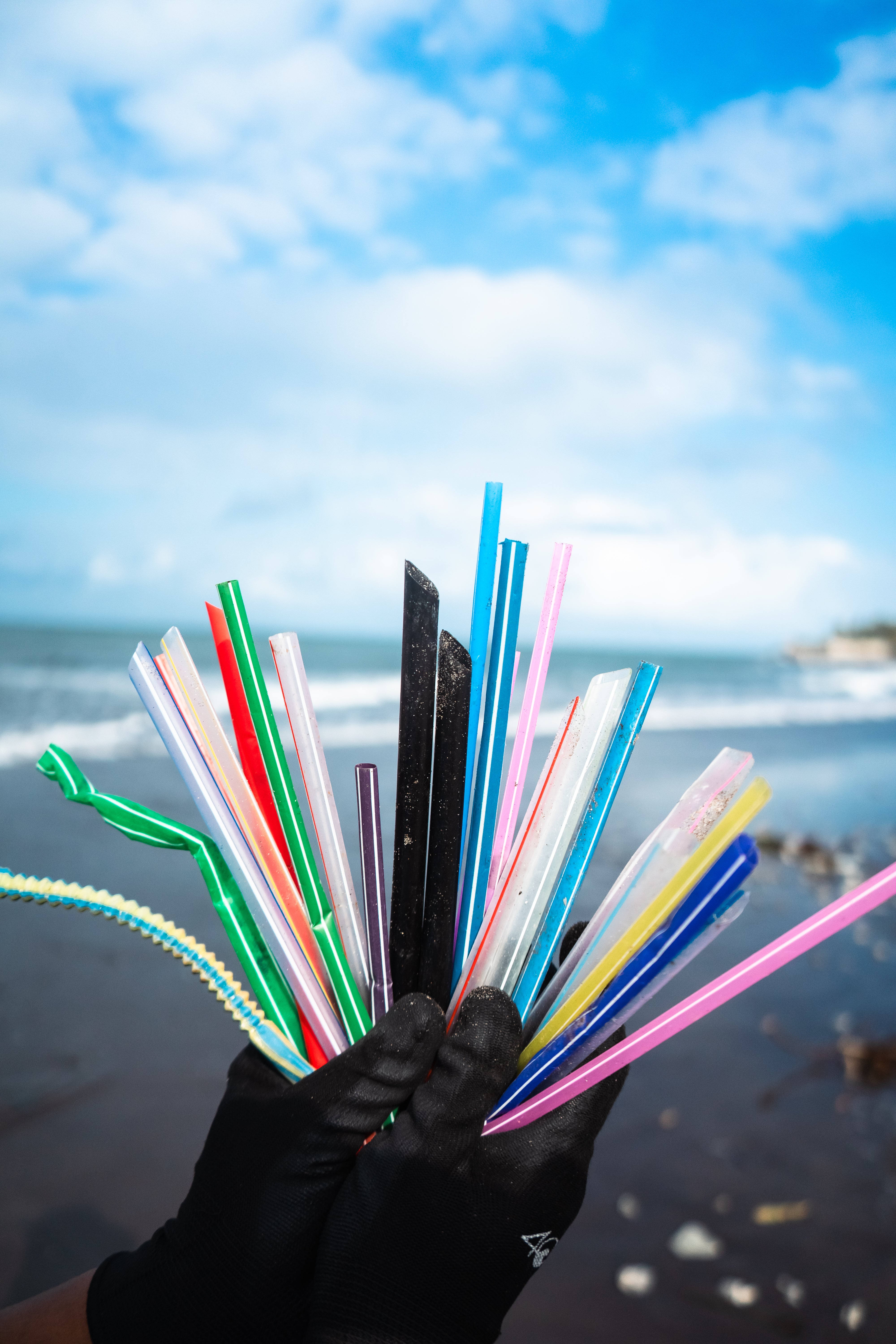
- Reduce Plastic Use: Minimize your use of single-use plastics to decrease plastic pollution in oceans, protecting orcas and their prey from ingestion and entanglement.
- Support Sustainable Fisheries: Choose seafood certified by sustainable practices to help ensure healthy fish populations for orcas to feed on.
- Promote Clean Energy: Advocate for and support renewable energy sources to reduce ocean pollution and combat climate change, which directly affects orca habitats.
- Be Noise-Conscious: Support regulations and initiatives aimed at reducing underwater noise pollution from ships and industrial activities to protect orca communication and hunting practices.
- Educate Others: Raise awareness about the threats facing orcas and the importance of marine conservation through social media, community groups, and educational programs.
- Support Conservation Efforts: Donate to or volunteer with organizations dedicated to marine conservation, orca research, and habitat protection.
- Responsible Whale Watching: Choose responsible whale-watching tours that adhere to guidelines minimizing stress and disturbance to orcas and other marine mammals.
- Participate in Beach Cleanups: Join or organize local beach cleanups to help remove trash that could end up in the ocean, posing threats to orcas and other marine life.

- Advocate for Policy Change: Engage in advocacy for stronger environmental protections, including laws against pollution, overfishing, and habitat destruction, to create safer oceans for orcas.
- Reduce Carbon Footprint: Take steps to reduce your own carbon footprint to mitigate climate change impacts on orca habitats, such as reducing energy consumption, using public transportation, and supporting carbon offset projects.
- Avoid Products Harmful to the Ocean: Steer clear of products that contribute to ocean pollution, such as certain sunscreens that can harm marine life, opting for ocean-safe alternatives instead.
- Stay Informed: Keep up to date with issues affecting orcas and their habitats, and use your knowledge to make informed decisions and encourage others to take action.
Remember, every small action counts, and our collective effort can have a significant positive impact on the health and wellbeing of our oceans and all the animals who call it home.

Bracelet of
the Month: Orca
Pull 5 pounds of trash from the ocean with our limited edition Orca Bracelet, only available March 2024!
Shop now + Clean the Ocean
You May Also Like

